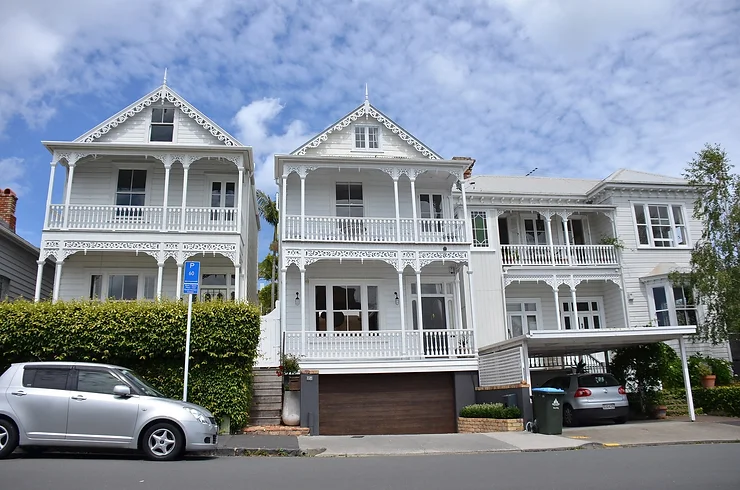When is the best time to sell a house?

Posted on 19 OCT
Despite post-Covid-19 predictions, people are continuing to buy houses for the usual reasons such as getting onto the property ladder, downsizing, up-sizing, upgrading, changing jobs to new locations, births, deaths, building new, cashing up investment properties, wanting a warmer home or being closer to family, especially since Covid-19.
These can all influence the buyer market and therefore, opportunities for you as a home seller - depending on your choice of real estate agent.
Is now a good time to sell a property?
If you need to sell your house to move on, just do it - but do it diligently.
Covid-19 impact - ex-pat enquiry has increased
It has been reported since Covid-19, that there has been a big spike in Ex-pats enquiring about returning home to New Zealand, and they are active buyers in the current New Zealand real estate market.
Their international nest-eggs often put them in the luxury real estate bracket but not exclusively. They also buy investment properties, apartments and homes in all price ranges. Lifestyle blocks are quite popular with ex-pats.
Impact of the 2020 NZ General Election on Property Sales
This year we also need to factor in the election. The usual pattern is for house sales to taper off in the three weeks before an election with a flurry of sales afterwards.
The election can also impact on bank lending practices, and added to that the Covid-19 wage subsidy will end, along with predicted redundancies, potentially leading to more houses being put on the market at a time when there might be more competition for buyers.
Combined with current favourable bank lending conditions for first home buyers and low interest rates for home buyers, that also makes right now a good time to sell a house.

Government, bank and lending policies
The best time to sell a house can be dictated by Government and bank policies. Changes in policy or rates can influence whether you choose to go to market now or hold off for a while.
Here are a few examples:
1. NEW RENTAL PROPERTY POLICIES
-
Pressure on landlords to comply can result in investors selling property portfolios. These types of properties can often attract first home buyers, depending on lending policies and Kiwi Saver rules.
-
New investor-buyers may be looking for a property to develop, insulate, renovate and enjoy the long term rental income.
-
There may be Government policies that affect timing of giving notice to tenants, especially during Covid-19.
-
As of July 2019, landlords were required have their properties insulated to Government standard. The fine for failure to comply is $4000 payable to their tenants.
2. INTEREST RATE CHANGES
-
Interest rate reductions can stimulate buyer activity and this is a time when investors will add to their portfolios.
-
Again, this is an incentive for new buyers to enter the market or existing home owners to up-spec their homes
3. LENDING POLICIES
-
First home buyer activity is affected by loan to value ratios (LVR) and minimum deposit bank policies. A change in these can see your house fit into the first home buyer market.
-
Investors' are guided also by LVR changes
This is not an exhaustive list but well worth considering when to sell your property.
SEASONAL PROS AND CONS OF SELLING A PROPERTY
-
Cold New Zealand winters can motivate people to up-spec to warmer, insulated homes and winter/spring is often the time when they start looking.
-
Autumn and winter often have fewer houses for sale, and therefore less competition from other properties.
-
Insulation and the need for a warmer, dryer home often sees buyers actively looking to buy a house in Autumn.
-
February and September can often have more buyer activity, although the downside is, that with so many people listing at this time, there are more properties competing with yours.
-
Summer is considered the best time to sell a holiday home, as holiday makers are out and about on the roads.
-
Summer can be a good time to sell a lifestyle block, with drier ground underfoot and brighter greenery
For summer sales, take into account holiday season office hours. Law firms wind down in December and may run on skeleton staffing in January. Best to start preparing early to allow time.



